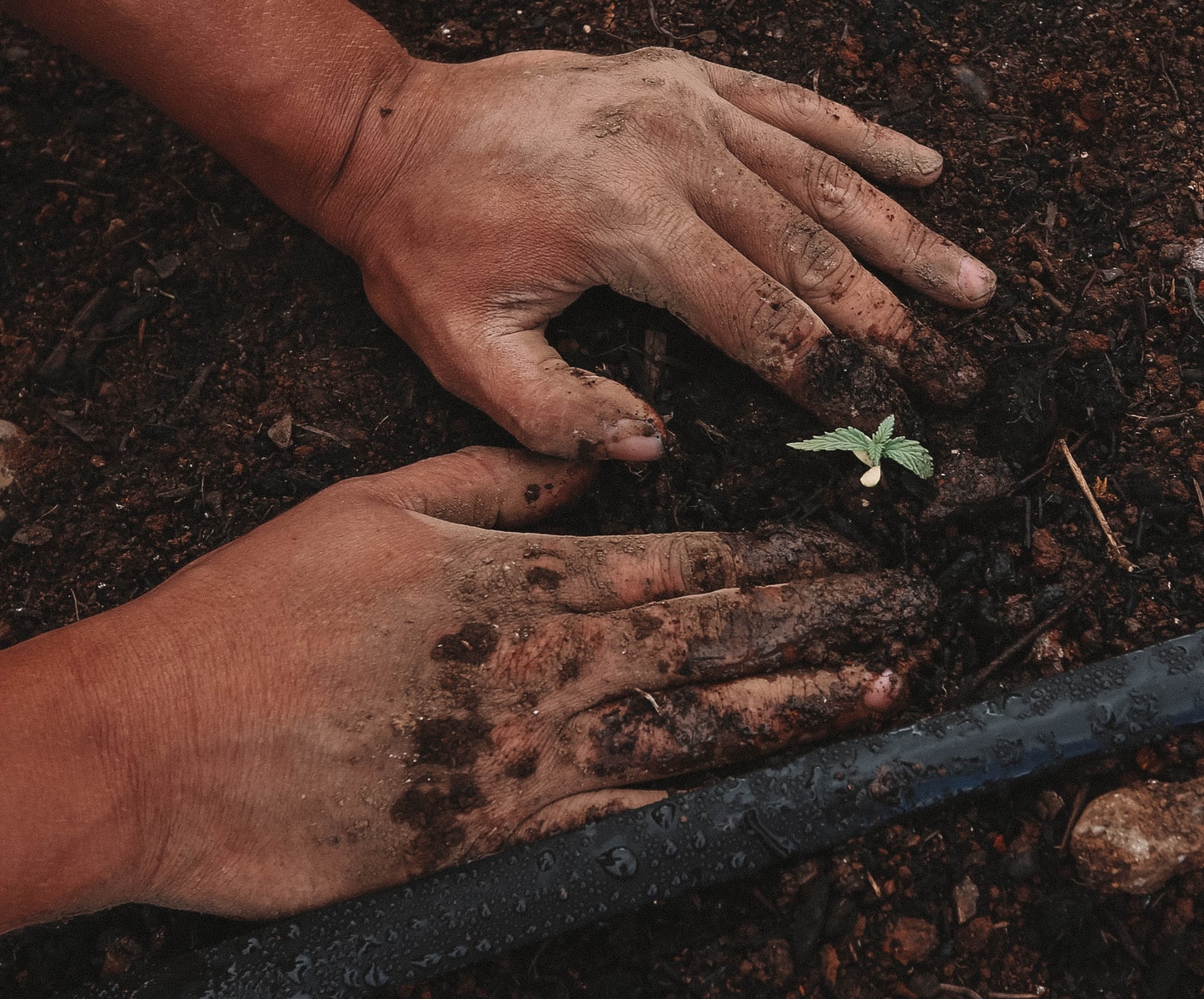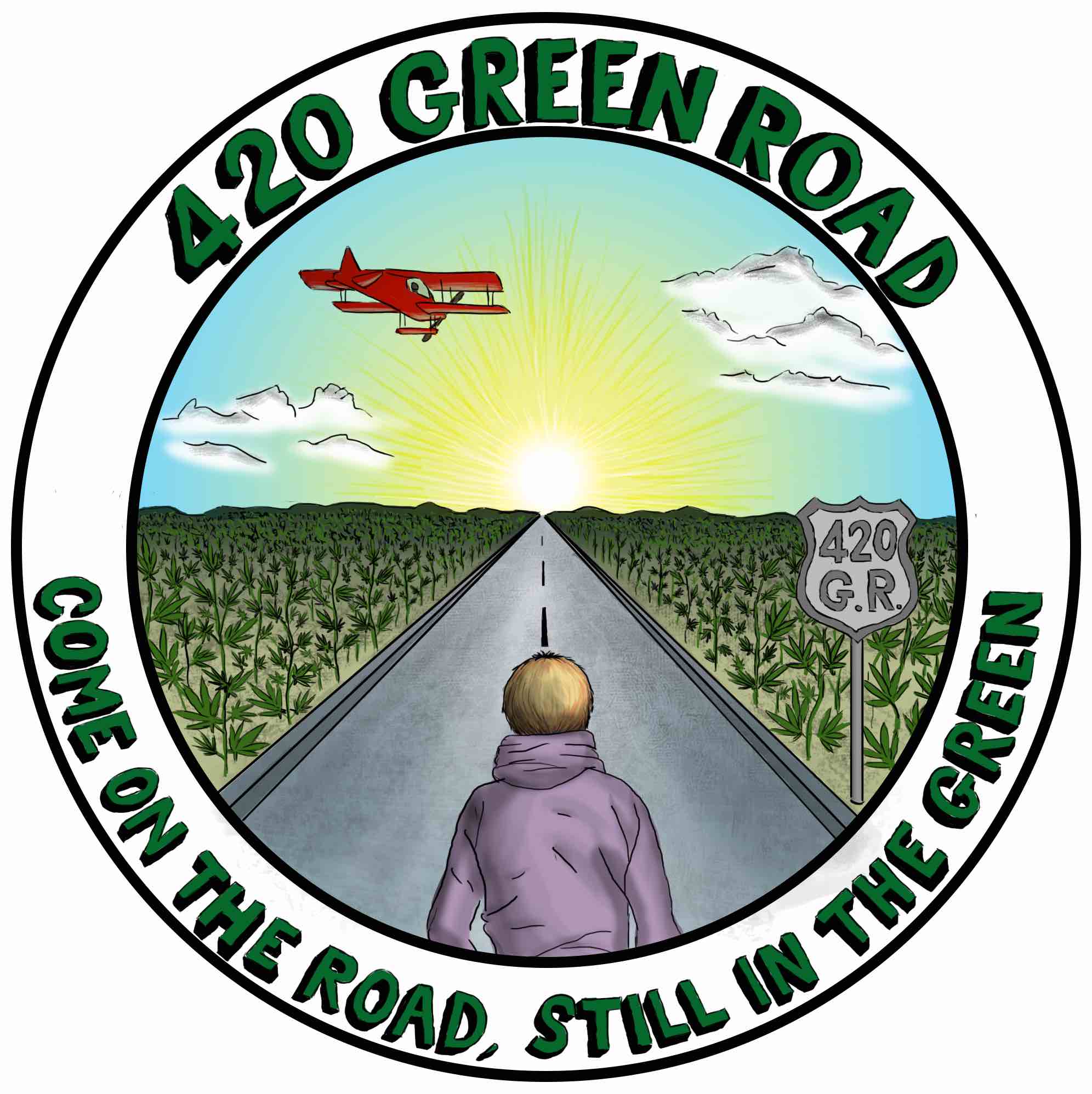News
What's the difference between natural CBD and organic CBD?

Organic CBD VS Natural CBD
CBD flowers flowers described as "natural" are essentially composed, as their name suggests, of ingredients of natural origin. However, this in no way guarantees that they have been extracted without chemical fertilizers or pesticides .
The same applies to all CBD-based products, since they are made from these same flowers. At a time when there is a global awareness of the need to preserve the environment and biodiversity, marketing strategies based on green washing still too often play on this subtlety which, once detected, is no longer really a subtlety.
As a result, many brands deliberately modify their logos or packaging, developing a whole visual imaginary around nature, in order to partially disguise the real origin of their products. By comparison, all apples are 100% natural, but are they all 100% organic? Unfortunately not! The same applies to the entire agri-food sector, including hemp.
Organic certifications still rare in the CBD field
CBD flowers are, of course, natural, but when a site or a brand uses the word " Organic CBD flower", they must systematically come from organic farming, which, by definition, respects biodiversity, uses no chemical fertilizers or pesticides, preserves the soil and water tables, does not pollute the air, favors the circular economy and waste recycling, and, above all, must be certified by a specialized organization, which in reality is rarely the case.
In the European Union, "organic " labels are used to prove the authenticity of food and cosmetics production methods. Since regulation of CBD and THC is still a matter of debate on the old continent, producers often remain ineligible to obtain one or more labels.
According to current regulations, a product can only be certified organic if 95% of its ingredients are of natural origin and comply with organic farming methods.1 Some CBD brands, for example, imply that they are organic without taking this standard into account and without having any certification. They assume that a natural product, such as CBD flowers, is "organic" because it is natural, but this is a serious mistake.
Others, on the other hand, are scrupulously compliant, but are not authorized to display certifications on their packaging because they do not have official certificates. To help you get to grips with these two-speed practices, we strongly advise you to check with your retail outlets and distributors to ensure the quality and provenance of your CBD.
To sum up, "100% Natural CBD flowers" can potentially have been chemically treated, whereas "Organic CBD flowers" must scrupulously comply with the standards of organic agri-food agriculture.
Why is organic CBD better for your health?
Firstly, like all "organic" products, the low presence of carcinogenic substances (chemical fertilizers, preservatives, pesticides, etc.) can only be beneficial to the body. What's more, organic CBD from organic hemp farms generally reveals a more significant amount of phytocannabinoids andhydrocarbons.
In fact, in addition to CBD, hemp contains around a hundred other natural components, including terpenes, which are partly responsible for the color, taste and aroma of plants. When these different components act together, the result is what's known as the "entourage effect". While this theory is still debated by the scientific community, and largely depends on how CBD is extracted, it often involves THC, which is not legal in France. But there are many other authorized components in hemp, which extraction methods can reveal in order to provide a product that is both healthier and more "active". For example, a scientific article published in 2011 in the British Journal Pharmacology 2, shows that a combination of CBD and caryophyllene terpenes would be effective in treating addiction. The combination of CBD and limonene terpenes is said to relieve anxiety...
Until the law evolves and studies are more conclusive, prefer CBD that is both organic and of natural origin, as synthetic CBD is certainly the worst option. In any case, it's never too prudent to find out about the origin and quality of products, and not to fall into the trap of so-called "natural" CBD if it isn't really...

